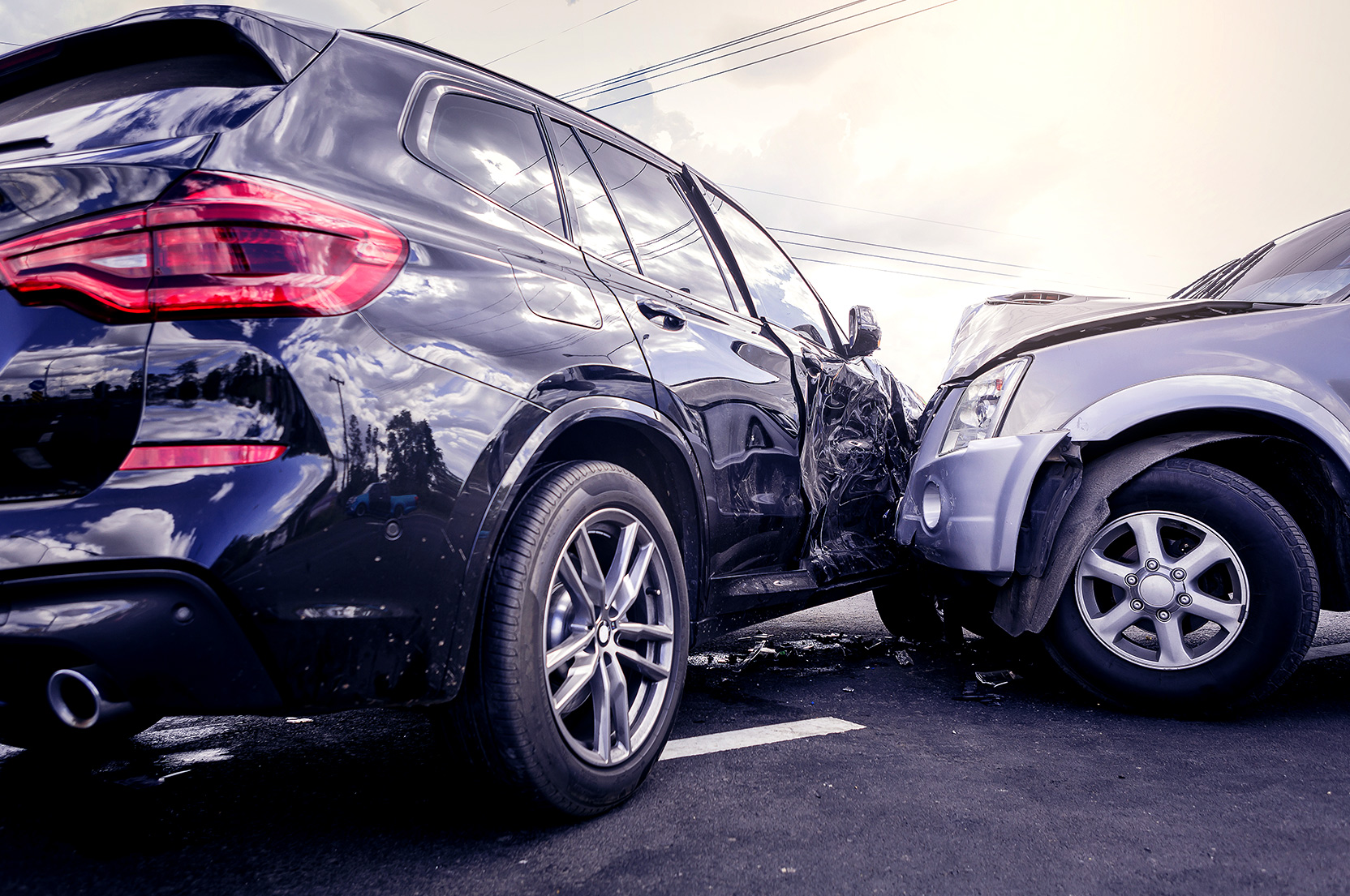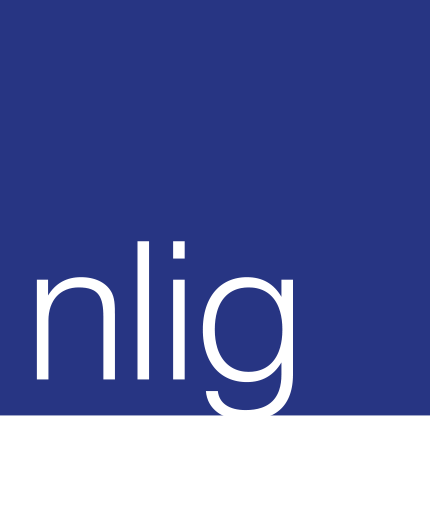NLIG: Why you need motor insurance…

Buying a car can be a big achievement and it is important you take the necessary steps to protect your vehicle against unforeseen events. The law says you must have at least third party motor insurance if you drive a vehicle, and have insurance in place if it’s parked on the street, on your driveway or in your garage.
Here, we look at the different categories of insurance and the main reasons for having vehicle insurance, protecting you from incurring any financial losses in such circumstances as an accident, theft or natural disaster.
Types of motor insurance
The police can check on the spot if your vehicle is insured, using the Motor Insurance Database. If you drive more than one car, you need to take out a separate policy for each. There are three types of policy:
- Third party: in the event of an accident, covering you for damage to another vehicle, property or injury to someone else, but not repairs to your own vehicle.
- Third party, fire and theft: as well as third party cover, this includes damage to your own car by fire or theft.
- Comprehensive: as well as third party, fire and theft and repairs to your own car, this typically covers death or injury of yourself or a family member up to a set amount, belongings stolen from your car, medical or legal expenses, & hiring a replacement vehicle.
Why have motor insurance?
The main reason for having motor insurance is to protect yourself and others. Medical bills can be expensive, which is why comprehensive insurance is a good idea, covering expenses for surgery, hospital visits and possibly physiotherapy. Victims of accidents could attempt to sue you for damages or injuries and, in the event you are facing a lawsuit, comprehensive insurance covers legal fees, which could be substantial.
Other types of cover
Car insurance companies also offer specialist insurance to meet motorists’ individual needs, with many options, including:
- Learner driver covers you for learning to drive in your own or a family member’s car with a provisional licence (If not your own vehicle, it will protect the owner’s No Claims Discount)
- Additional drivers: you can add named drivers, such as a partner, spouse, family member or friend, to your policy, ensuring they are insured to drive your car. This doesn’t necessarily increase your premium, unless it’s a young or new driver or a driver with adverse driving or claims history, but it will affect your No Claims Bonus if they have an accident while driving your car and you make a claim.
- Black box is a ‘pay how you drive’ policy, aimed at young or new drivers who have higher premiums because they are seen as higher risk. Black box or telematics technology gives a score on how safely the driver is driving, potentially bringing down the premium at renewal.
- Pay by mile is a monthly based cover for lower mileage drivers. You pay a monthly parked premium and then only pay for the miles you drive, which could save you money if you drive less than 6,000 miles a year.
- Classic car provides cover for public road rallies and trials, with the option for laid up cover when the car is off-road, being restored, rebuilt or stored.
- Temporary car is a short term policy from as little as an hour up to 30 days if you need to borrow or share a car, and could include business use for work-related travel.
- Electric car covers your electric vehicle, including battery cover for accidental damage, fire and theft.
Common questions
Some of the most commonly asked questions about motor insurance include:
What is the premium based on?
Your premium is based on your risk profile, which is determined by many factors, including your age, driving history, type of vehicle, use of vehicle, previous claims, where you live, additional drivers and voluntary excess.
What is an excess?
This is the amount of money you’ll be asked to pay in the event you make a claim. The higher the excess, the more it can reduce the premium.
Is driving to work classed as business use?
No. This doesn’t include driving to and from work, which is counted as commuting. It applies to people using their vehicle for work purposes, which requires a business policy.
No Claims Bonus
Your No Claims Discount has a big influence on the cost of your insurance. The more years you have held insurance without claiming, the higher the discount applied to your premium. Once you’ve been insured for four years or more without claiming, you can pay an additional amount to protect your No Claims Bonus. This means, provided you don’t make more than two claims in a given period (ranging from one to 3 years), your discount will remain untouched, helping to keep the premium lower.
Talk to NLIG
We have many years’ experience arranging motor insurance for our clients and have access to major insurers, enabling us to provide quality cover quickly and efficiently to meet your individual requirements. To find out more or arrange motor insurance, please give us a call on 01992 703300, or email us: insurance@nlig.co.uk

